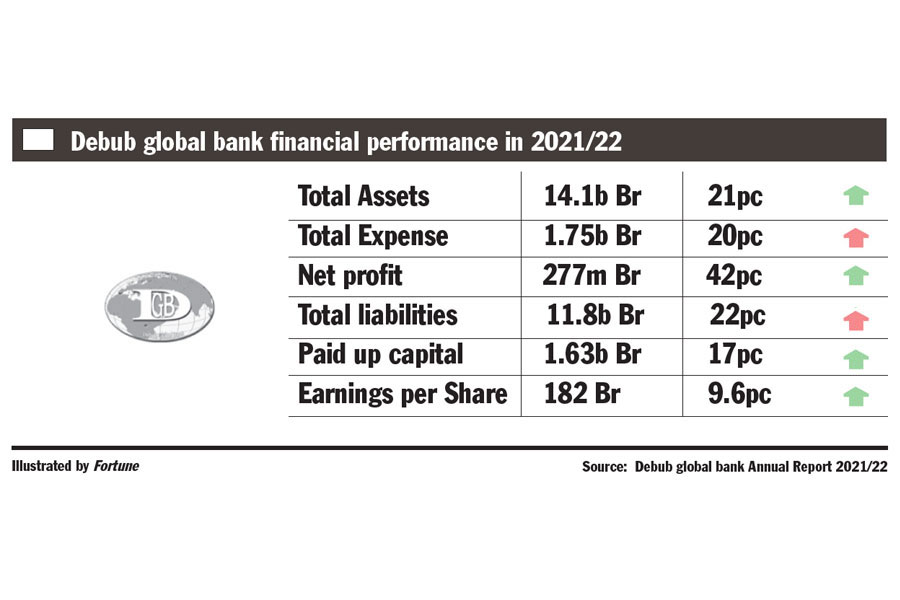
Fortune News | Apr 15,2023
Jul 17 , 2022.
Messrs Ahmed Shide and Eyob Tekalegn (PhD), minister and state minister for Finance, have lately been touting “progress” to restructure Ethiopia’s sovereign debt. A summit in Paris that brought together G20 creditors, debtors and international financial institutions was one such platform for advancing the issue. State Minister Eyob represented Ethiopia. He seems to have received encouraging signs from creditors, judging by what transpired lately.
A creditors’ committee, jointly chaired by France and China, meets this week to discuss Ethiopia’s request for the restructuring of its external debt.
Almost 90pc of the debt is either owed by the federal government, or it guaranteed. The remaining is in the books of Ethiopian Airlines Group and Ethio telecom. In the first nine months of the just-ended fiscal year, over 1.6 billion dollars in debt was serviced, mostly on principals. This usually amounts to over half of Ethiopia’s revenues from exporting goods. The maturity period for most of the debts is approaching, and the amount of money paid to service the debt is ever increasing. It should worry Ethiopia’s leaders and creditors whether it is reaching the sustainable debt ceiling.
Creditor countries and institutions have sounded the alarm on a wave of emerging market defaults as interest rates jump globally. Like in Sri Lanka, one or two defaults happen from time to time. But mass defaults will significantly impact creditors themselves. It is in the interest of the developed world, China, and private creditors to support struggling countries such as Ethiopia not fall into a debt trap.
The International Monetary Fund (IMF) had its officials visiting Addis Abeba after nearly two years of a severed relationship. They have hinted at the possible resumption of programmes, a requirement for debt restructuring under the G20. The program Ethiopia seeks is a “G20 Common Framework for Debt Treatments” beyond the Debt Service Suspension Initiative (DSSI). This is also under the G20, which Ethiopia has already exhausted. It now needs more, finding itself in the same boat with Chad and Zambia.
According to the Finance Ministry’s latest debt bulletin released in May, Ethiopia’s debt to several countries, institutions and creditors ballooned in almost a decade: from 13 billion dollars in 2013 to 28.5 billion dollars this year. This makes it one of the highly indebted countries in Africa.
Despite the headlines, China is not the biggest debt holder. Nearly half of the debt Ethiopia owes to its international creditors goes to China. The single largest creditor is the World Bank’s International Development Association (IDA), which issues concessional loans. The share of private creditors is around a fifth of the total, with international commercial banks owed 3.3 billion dollars and Eurobond holders a billion dollars.
Understandably, Ethiopia’s political leaders and their policymakers want part of, if not all, this headache was gone.
The most concerning should be the dues to private creditors, which offer loans based on prevailing market interest rates. While bilateral and multilateral creditors may have humanitarian and political motives, private creditors are doing business. The price is painful risk premiums when lending to anybody, including developing countries. While exposure to private sector creditors has steadily declined over the years, it remains worrying nonetheless. The one billion dollar Eurobonds that will mature in two years should keep folks at the Finance Ministry up at night.
Ironically, pledges in debt treatment seem to make them sleep easy. It may come with resumptions of a programme with the IMF and capital inflow. The latter is desirable for obvious reasons: the federal government is cash strapped. Because of the IMF’s global influence, the latter conveys positive signals about Ethiopia’s economic prospect to international capital. So far, so good. Or is it?
Now for the caveats that policymakers on the macroeconomic front need to consider. As with every transaction, terms and conditions apply to debt treatment. There is no free ride. State Minister Eyob and his colleagues need to view the details where the devil may be found.
Start with the precariousness of success. All of the creditors – Paris Club, China and Eurobond-holders - have divergent and often vague interests and motives that are hard to reconcile. The process is highly politicized, no less because of the cold confrontation between the West and China. The former has forgiven and restructured debt under the Highly Indebted Poor Countries (HIPC) initiative. Getting them to do this again in tandem with China and private creditors could be something else. Ethiopia’s request for debt treatment has been going on for two years. The Creditor’s Committee first met in September last year. There is still nothing to show for it.
It is not that policymakers and the political elite could merely be burning energy and time needlessly. The more Ethiopia chases the program without anything to show for it, the greater the uncertainty it projects onto itself, especially on the Eurobond market.
If there is a breakthrough, it may still do more damage than it addresses. Primarily, it could expose the country to more downgrades and a further fall in investors’ confidence as debt from private creditors may get rescheduled. Rating agencies such as Fitch have warned that it could be a technical default. Private creditors are alarmed that they will not be getting what they are owed in the manner and time they were initially promised in a restructuring or default.
Any agreement will also come with an IMF programme. More often than that, this may pressure the government to deregulate some sectors and budget cuts. This is not bad in and of itself, though. Programme or not, some subsidies are going out the window. But, it rarely bodes well when it is forced on countries within the timeline and frameworks of the IMF. Every year, somewhere in the world, there is social unrest precipitated by IMF-imposed adjustment programmes.
Considering the risks of rapture, policymakers better consider debt treatment as the last line of defence against default.
Why take strong medication that causes massive side effects when the disease can be cured with exercise and a healthy diet?
The debt burden, up until 2024, may not evolve as bad as it looks now. This year’s interest payments are a little over one percent of the GDP, while the debt-to-GDP ratio hovers around 50pc, according to Bloomberg’s analytics. There is a 10 percentage point margin for Ethiopia’s policymakers to play around with. Their peers are not as lucky. Ghana is dishing out 7.2pc of its GDP in interest payments, while Kenya is at 4.4pc.
This could also be true for the budget deficit as a percentage of GDP. At a projected 4.1pc for next year, it is higher than usual for Ethiopia. However, it is low by regional standards. Rwanda is nearly seven percent, while Uganda and Kenya are above five percent.
The stressed capacity to honour external obligations comes from the inability to generate adequate foreign currency through formal channels. It is possible to service debt and build up reserves for the maturing Eurobonds in 2024, improving the macroeconomic balance and business conditions, primarily through reforming the exchange rate regime. If there is a discipline in public finance, there is no need to take as drastic action as debt rescheduling. Short of a clear timeline from the creditors’ committee and a guarantee that it will not count as a technical default, Eyob and his team can walk away.
But not if his government fails to deliver on the domestic front. Nothing can substitute the restoration of peace and stability to bounce the economy where it was before the start of the civil war. Achieving durable peace not only makes citizens safe. It will help reduce defence spending, attract investors and frees up land and labour for productive endeavours.
PUBLISHED ON
Jul 17,2022 [ VOL
23 , NO
1159]

Fortune News | Apr 15,2023
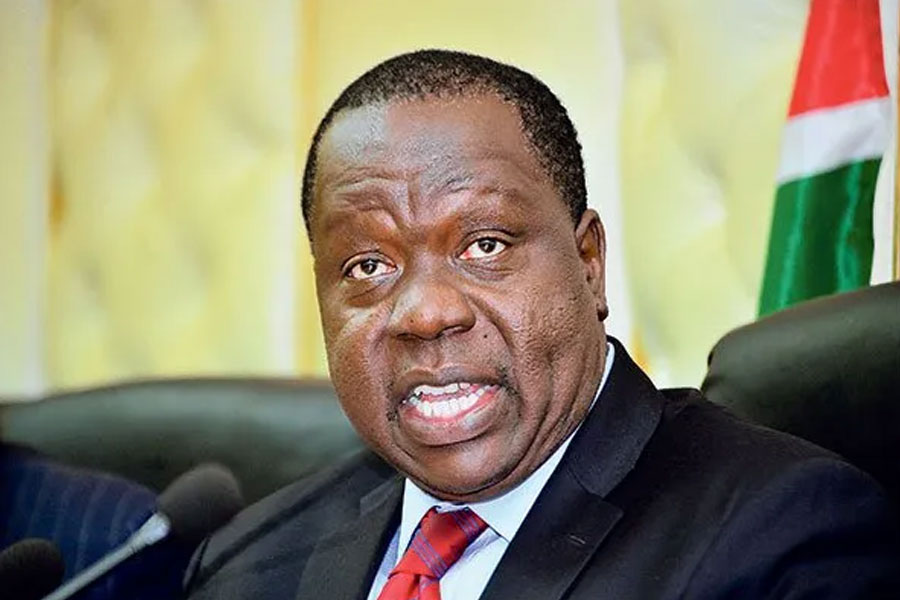
Verbatim | Aug 13,2022

Commentaries | Apr 03,2021
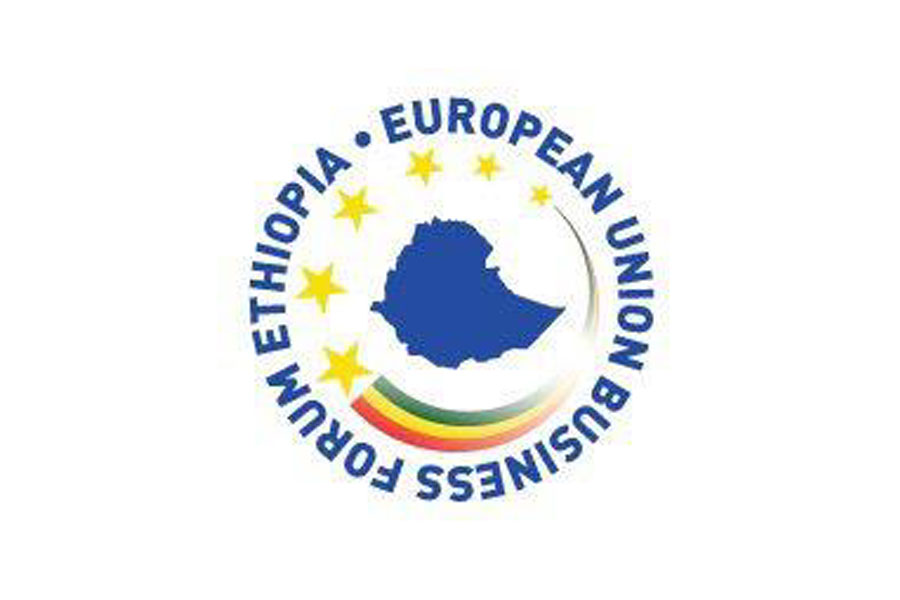
Radar | Jan 28,2023

Viewpoints | Dec 09,2023

Fortune News | Jun 17,2023

Commentaries | Jun 14,2025

Fortune News | Jul 17,2022
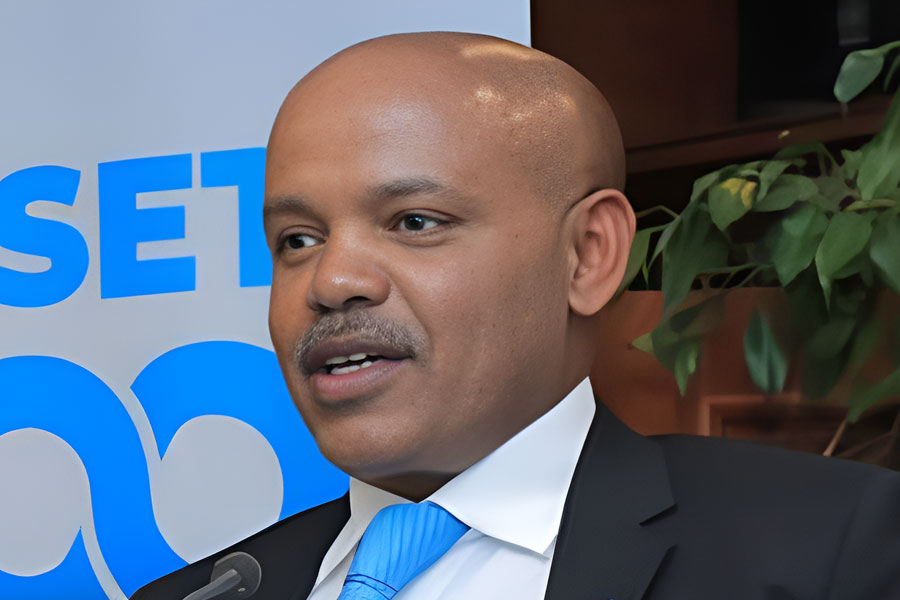
News Analysis | Feb 03,2024
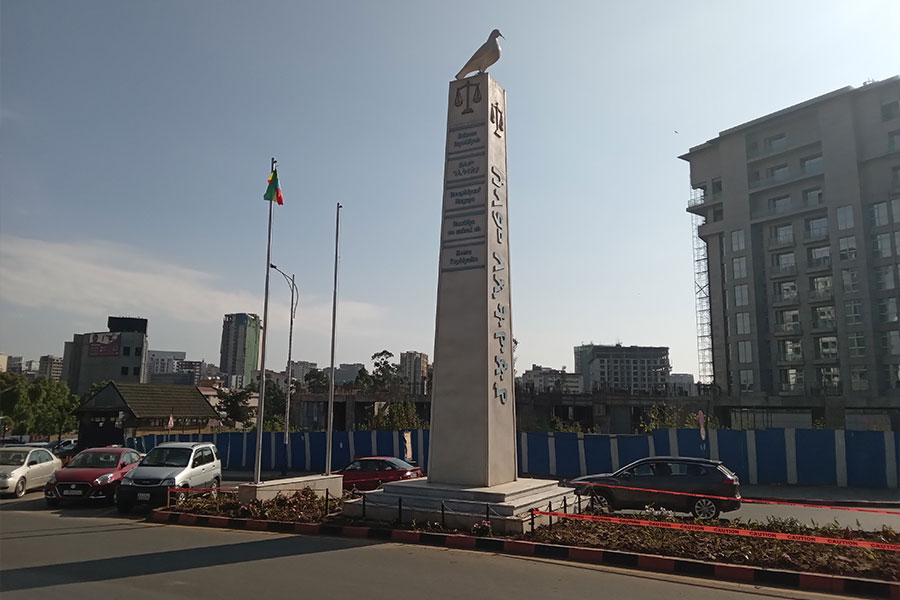
In-Picture | Sep 29,2024

My Opinion | 131766 Views | Aug 14,2021

My Opinion | 128149 Views | Aug 21,2021

My Opinion | 126095 Views | Sep 10,2021

My Opinion | 123717 Views | Aug 07,2021

Dec 22 , 2024 . By TIZITA SHEWAFERAW
Charged with transforming colossal state-owned enterprises into modern and competitiv...

Aug 18 , 2024 . By AKSAH ITALO
Although predictable Yonas Zerihun's job in the ride-hailing service is not immune to...

Jul 28 , 2024 . By TIZITA SHEWAFERAW
Unhabitual, perhaps too many, Samuel Gebreyohannes, 38, used to occasionally enjoy a couple of beers at breakfast. However, he recently swit...

Jul 13 , 2024 . By AKSAH ITALO
Investors who rely on tractors, trucks, and field vehicles for commuting, transporting commodities, and f...

Jul 6 , 2025 . By BEZAWIT HULUAGER
The federal legislature gave Prime Minister Abiy Ahmed (PhD) what he wanted: a 1.9 tr...

Jul 6 , 2025 . By YITBAREK GETACHEW
In a city rising skyward at breakneck speed, a reckoning has arrived. Authorities in...

Jul 6 , 2025 . By NAHOM AYELE
A landmark directive from the Ministry of Finance signals a paradigm shift in the cou...

Jul 6 , 2025 . By NAHOM AYELE
Awash Bank has announced plans to establish a dedicated investment banking subsidiary...